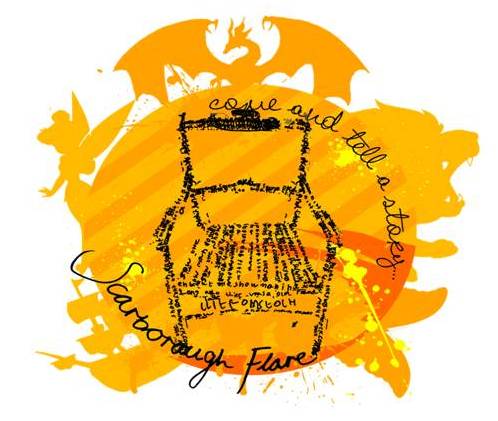Today is ‘My Writing Process’ blog tour day, when writers post about their writing process answering four set questions. Last week the effervescent Kate Evans posted hers and invited me to join the tour. I read Kate’s blog, visited her website and was in awe of how she utilises her creative self within every aspect of her life. Click here for Kate’s Post.
Here are my responses to the questions:
What am I working on?
My second collection of short stories – as yet untitled, though I have designed the image for the front cover in my head so the title won’t be far removed from that. Also in progress is a devotional book of prayer and meditation, my personal poetry and ongoing journal musings – though the latter two are not for publication, unless of course something metamorphoses into an absolute gem and encourages me to include it in a blog!
How does my work differ from others of its genre?
Talking about my short stories, I am obsessed with the darker side of human nature and the subject of death, and explore this obsession within my fictional stories by using raw emotion from real experiences, which results in disturbingly compelling perceptions of the truth.
My prayers and meditations are also based on real experiences and as the topics are universal they can (and are) used as a resource in churches for pastoral/spiritual support. My poetry is a personal indulgence, again based on real experiences, and though I have had a few published in various anthologies in the past, I rarely put them out there.
As to the question, I’m not sure my work differs from others in the same genre, though I will state that my overall aim is to allow the reader to seek out their own truth from within my writing.
Why do I write what I do?
I can’t exist without writing creatively in some shape or form every day. It is a constant motivator to my personal well-being. I write to tease out hidden thoughts from within myself, based on my own or others’ experiences. I write to try and get to the truth of emotional impacts relating to various scenarios. I write to experience the joy in the sense of release when transferring emotional truths into fictional settings. I write because I can be open and honest about emotions within my work without fearing the consequences. I write to get rid of unhealthy negative feelings and turn them into something positive. I write to heal my wounded soul. I write because I enjoy it.
How does your writing process work?
Quite chaotically in the sense that I usually have lots of writing on the go at any one time and add to it as and when inspiration takes hold. When I feel I have enough material to complete one particular project, say a short story collection, I focus on that alone until it’s complete, placing the others on a back burner until I can pick them back up.
Ideas come easily to me through regular journal writing and everyday observations; I also find some of my memories in connection with my dysfunctional family background provide a lot of my material. Once the seed of an idea is planted in my mind, I tend to let it lie for a few days until it ferments and becomes so embedded that I think around it constantly. Once it’s at that stage, I use a sprint writing exercise to connect to what’s already started to develop in my imagination (write quickly without caring about punctuation etc – i.e. stream of consciousness). From this I glean the raw emotion for the piece. It then grows intuitively and branches out into strands of a story (or whatever it wants to be). It becomes the bones of a first draft. Then I start on the hard work that is the crafting and editing, again and again, until I’m satisfied with the piece of writing and confident that I’ve successfully wrapped and hidden my ‘self’ within the fiction. In other words, I’ve added layers of flesh to the bare bones of the initial raw emotion in a creative way.
And talking of adding layers, I’m now passing the baton on to Alan Combes who will continue the ‘My Writing Process’ blog tour on Monday 24th February. I met Alan last year at a Writers’ Circle and have a high regard for his varied writing skill.
Alan was born in Newark, Notts, and attended the Thomas Magnus Grammar when it was worth mentioning. He did teacher training at King Alfred’s, Winchester, and was awarded a degree by Nottingham Uni and later a Masters at York.
Alan’s first published piece was a poem about Adam and Eve which was a runner-up in the Lancaster literary festival. His first paid piece was about a camping holiday behind the Iron Curtain, published by the Guardian, which was a forerunner for his regular human interest pieces for that paper as well as a column in Young Guardian (not there now). As a teacher, he had a lot of pieces published in the Times Ed, then started writing football for the Observer, the Independent and, for 11 years, the Sunday Times. He began getting published for kids in 1997 and combined football and fiction for Barrington Stoke, producing two best sellers for dyslexic boys who were footy-mad. He toured Dublin on the back of his ‘Dead Man Files’, which was also written for young problem readers.
His musical ‘Black Potatoes’ filled the Upstage Theatre in York for a week in 2010 and he is currently submitting ‘Her Cambodian Bodyguard’, a play about Alzheimer’s, at the Stephen Joseph Theatre.
Read more from Alan on his website and blog ‘latest news’ at http://www.alancombes.co.uk

